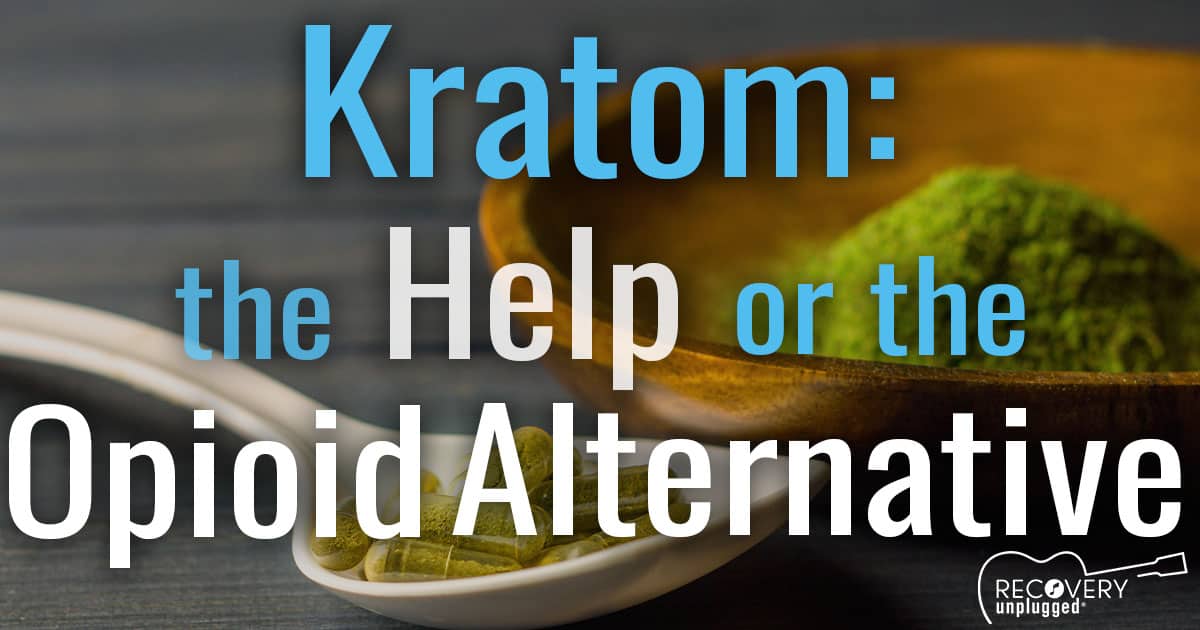
Introduction
Kratom, also known as Mitragyna Speciosa, has gained popularity in recent years as a natural remedy for various ailments such as chronic pain, anxiety, and depression. However, due to its controversial nature and potential side effects, many individuals are seeking alternative options for their health and wellness needs. In this article, we will explore some of the best kratom alternatives that can provide similar benefits without the risk of addiction or adverse effects.
- Kava
Kava, also known as kava-kava, is a plant native to the South Pacific islands with calming and sedative properties. Like kratom, kava is used to promote relaxation, reduce anxiety, and improve sleep quality. The active compounds in kava, called kavalactones, interact with the brain's neurotransmitters to induce a sense of calmness and tranquility.
Kava can be consumed in various forms, including kava root powder, capsules, tinctures, and teas. It is important to note that kava should be used in moderation, as excessive consumption may lead to liver toxicity. To avoid adverse effects, it is recommended to consult with a healthcare professional before using kava as a natural remedy.
- CBD (Cannabidiol)
CBD, or cannabidiol, is a non-psychoactive compound derived from the cannabis plant. CBD has gained widespread popularity for its therapeutic benefits, including pain relief, anxiety reduction, and stress management. Like kratom, CBD interacts with the endocannabinoid system in the body to promote balance and wellness.
CBD is available in various forms, such as oils, edibles, topicals, and capsules. It is important to choose high-quality CBD products from reputable sources to ensure safety and efficacy. Additionally, it is advisable to start with a low dosage and gradually increase as needed to determine the optimal amount for individual needs.
- Ashwagandha
Ashwagandha, also known as Indian ginseng, is an adaptogenic herb with stress-relieving and mood-enhancing properties. Ashwagandha has been used for centuries in Ayurvedic medicine to promote overall well-being and vitality. The active compounds in ashwagandha, called withanolides, help the body adapt to stress and reduce anxiety levels.
Ashwagandha is available in various forms, including powders, capsules, and tinctures. It is considered safe for most people when taken in recommended dosages. However, individuals with autoimmune diseases or pregnant women should consult with a healthcare provider before using ashwagandha as a natural remedy.
- Blue Lotus
Blue lotus, also known as Nymphaea caerulea, is a water lily plant with sedative and euphoric effects. Blue lotus has been used for centuries in ancient Egypt and other civilizations for its calming and mood-boosting properties. The active compounds in blue lotus, such as nuciferine and aporphine, interact with the brain's receptors to induce relaxation and happiness.
Blue lotus can be consumed as a tea, tincture, or smoking blend. It is important to use blue lotus responsibly and in moderation to avoid adverse effects. Individuals with liver or kidney disorders should consult with a healthcare provider before using blue lotus as a natural remedy.
- Rhodiola Rosea
Rhodiola rosea, also known as golden root, is an adaptogenic herb with energy-boosting and stress-reducing properties. Rhodiola rosea has been used in traditional medicine to improve mental and physical performance, increase stamina, and reduce fatigue. The active compounds in rhodiola rosea, called rosavins and salidrosides, help the body adapt to stress and enhance cognitive function.
Rhodiola rosea is available in various forms, including capsules, powders, and tinctures. It is generally considered safe for most people when taken in recommended dosages. However, individuals with bipolar disorder or pregnant women should consult with a healthcare provider before using rhodiola rosea as a natural remedy.
- Valerian Root
Valerian root is a herb with sedative and sleep-enhancing properties. Valerian root has been used for centuries to treat insomnia, anxiety, and nervousness. The active compounds in valerian root, such as valerenic acid and valerenol, interact with the brain's neurotransmitters to promote relaxation and improve sleep quality.
Valerian root can be consumed as a tea, tincture, or capsule. It is important to use valerian root responsibly and in recommended dosages to avoid adverse effects. Individuals with liver or kidney disorders should consult with a healthcare provider before using valerian root as a natural remedy.
- Passionflower
Passionflower, also known as Passiflora incarnata, is a plant with calming and anxiety-reducing properties. Passionflower has been used in traditional medicine to promote relaxation, reduce stress, and improve sleep quality. The active compounds in passionflower, such as flavonoids and alkaloids, interact with the brain's receptors to induce a sense of calmness and tranquility.
Passionflower can be consumed as a tea, tincture, or capsule. It is generally considered safe for most people when taken in recommended dosages. However, individuals with liver or kidney disorders should consult with a healthcare provider before using passionflower as a natural remedy.
Conclusion
In conclusion, there are many alternative options to kratom that can provide similar benefits without the risk of addiction or adverse effects. Natural remedies such as kava, CBD, ashwagandha, blue lotus, rhodiola rosea, valerian root, and passionflower offer a safe and effective way to support overall health and well-being. It is important to choose high-quality products and use them responsibly to maximize their therapeutic benefits. For individuals seeking alternative options to kratom, exploring these natural remedies can help achieve a balanced and healthy lifestyle.

If you liked this information and you would such as to receive additional info relating to Kratom and pregnancy (
https://gitea-bg.site/huldavalle6361) kindly go to the web-page.
